ทรัพย์ล้ำค่าสองฝั่งคาบสมุทร
- ทรัพย์ล้ำค่าสองฝั่งคาบสมุทร
การขึ้นฝั่ง - ขึ้นแผ่นดิน บนคาบสมุทรมลายูเป็นไปในลักษณะของการค้าโดยนักเดินทาง อิทธิพลของการเคลื่อนย้ายของคนที่มาใหม่ มีพลังมากพอที่จะปรับเปลี่ยนชีวิตความเป็นอยู่ดั้งเดิมของคนมลายูพื้นถิ่น ร่องรอยการมาเยือนจากผู้คนหลากหลายเชื้อชาติศาสนาที่ฝากทิ้งไว้ยังคงปรากฎให้เห็นเป็นความหลากหลาย ที่แพร่กระจายไปทั่วทั้งช่องแคบมะละกา ทรัพย์ล้ำค่าสองฝั่งคาบสมุทรเกิดขึ้นตามมา ทรัพย์ที่มีทั้งในรูปแบบของสินค้า ของมีค่า ทรัพยากรเฉพาะถิ่นที่มีไว้เพื่อแลกเปลี่ยน ทรัพย์ทางปัญญา ภาษา การถ่ายโอนความรู้ ประเพณีวัฒนธรรมและสิ่งที่มีคุณค่าทางจิตใจ การอยู่ร่วมกันของคนหลายเชื้อชาติบนพื้นที่อันจำกัดบนคาบสมุทร อาจมีส่วนทำให้ที่อยู่บนแผ่นดินตอนใน และคนตามแนวชายฝั่งทะเล สร้างการหลอมรวมกันได้ตามวิถีที่เหมาะสม บนเงื่อนไขของการเป็นเจ้าของทรัพยากรที่แตกต่างกัน ซึ่งแม้จะผ่านไปกี่ยุคกี่สมัย "มลายู" ก็ยังคงสำแดงพลังถึงการสร้างสิ่งที่มีคุณค่า (ทรัพย์ล้ำค่า) ให้ปรากฏแก่สายตาผู้คนได้เสมอ
- PRICELESS TREASURES ON BOTH SIDES OF THE PENINSULA
The landing – the stepping ashore on the Malay peninsula was done by traders. The influence of newcomers was powerful enough to change the former way of life of the local Malay people. The traces of those visitors from various ethnicities and religions still exist in the form of “diversity” which is widespread throughout the Strait of Malacca. This has resulted in the birth of “priceless treasures” on both sides of the peninsula.
The treasures appear in the form of goods, valuables, and local resources which are used in the exchange of intellectual properties, languages, knowledge, traditions, cultures, and spiritual values. Diverse ethnicities live together in “the limited areas” of the peninsula. People in the continental area and people along the coast possess
“different resources”. Consequently, they combine their diverse culture …in their “own proper ways”.
No matter how many eras have passed, “the Malay culture” still presents valuable resources, which are “priceless treasures”…to the eyes of people.
ติดตามเรื่องราวได้ใน Spirit of Asia ตอน ทรัพย์ล้ำค่าสองฝั่งคาบสมุทร วันอาทิตย์ที่ 21 มกราคม 2567 เวลา 16.30 - 17.00 น. ทางไทยพีบีเอส รับชมออนไลน์ทาง www.thaipbs.or.th/Live และสามารถเลือกรับชมด้วยเสียงภาคภาษาอังกฤษ คลิก Setting ไปที่ Audio Track เลือกเสียง ซาวด์แทร็ก
แท็กที่เกี่ยวข้อง:
Spirit of Asia
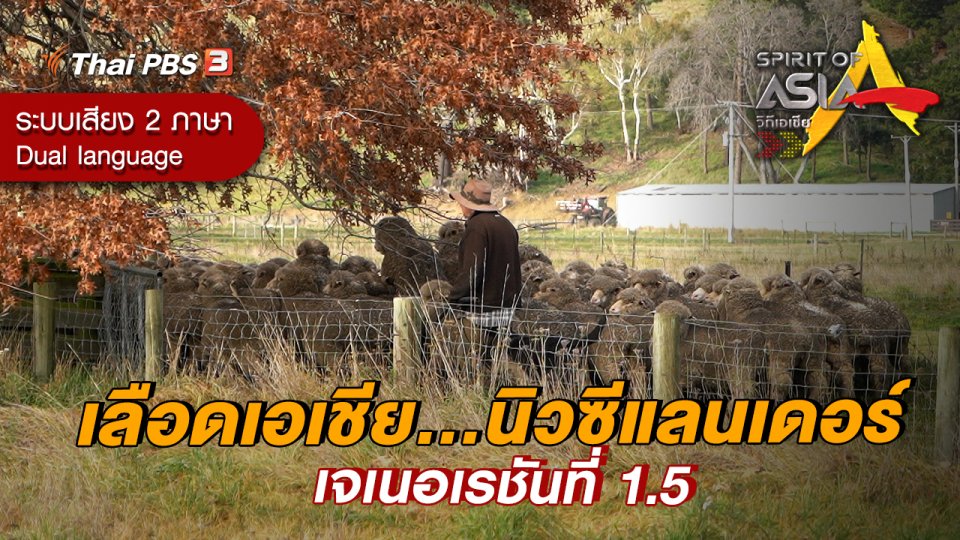
เลือดเอเชีย…นิวซีแลนเดอร์ เจเนอเรชันที่ 1.5
10 ก.ย. 66
นิวซีแลนด์ ชีวิตบนวงแหวนแห่งไฟ
17 ก.ย. 66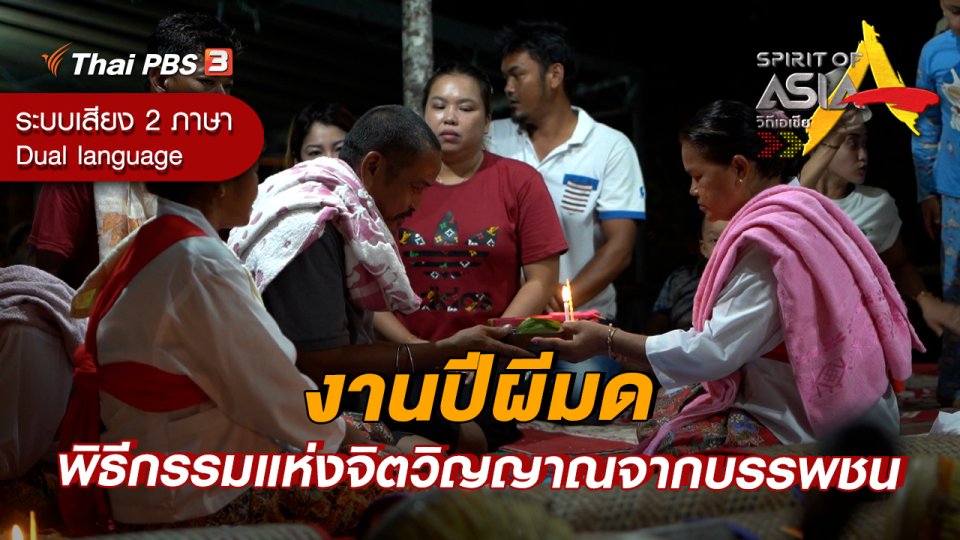
งานปีผีมด พิธีกรรมแห่งจิตวิญญาณจากบรรพชน
24 ก.ย. 66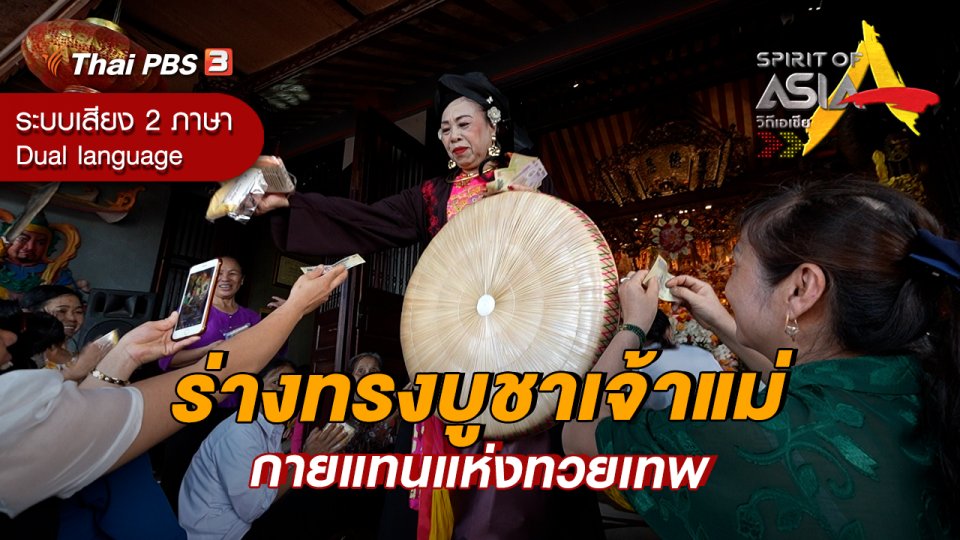
ร่างทรงบูชาเจ้าแม่ กายแทนแห่งทวยเทพ
1 ต.ค. 66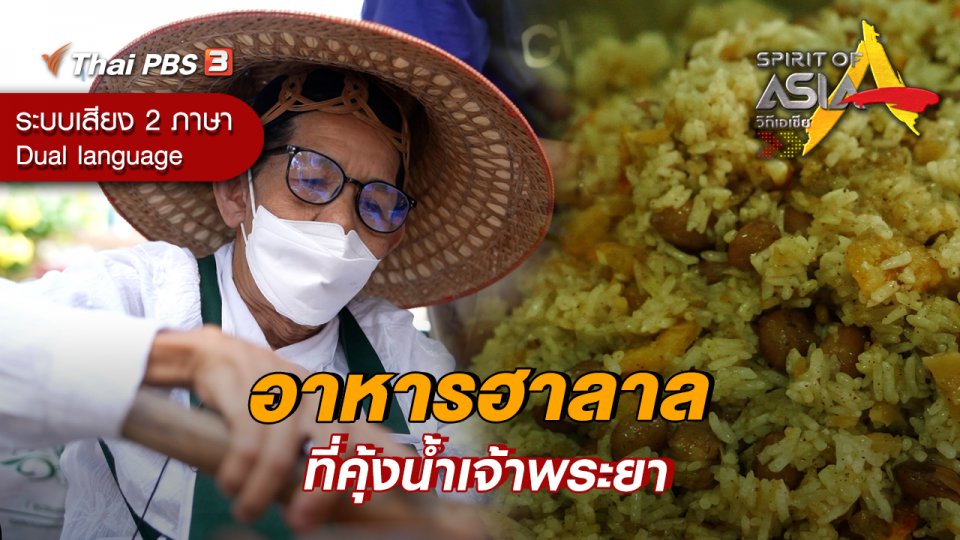
อาหารฮาลาลที่คุ้งน้ำเจ้าพระยา
8 ต.ค. 66
ชาวเติร์ก ตั้งต้น เติบโตในตุรกี
15 ต.ค. 66
บรรจบศิลป์บนดินแดนสองทวีป
22 ต.ค. 66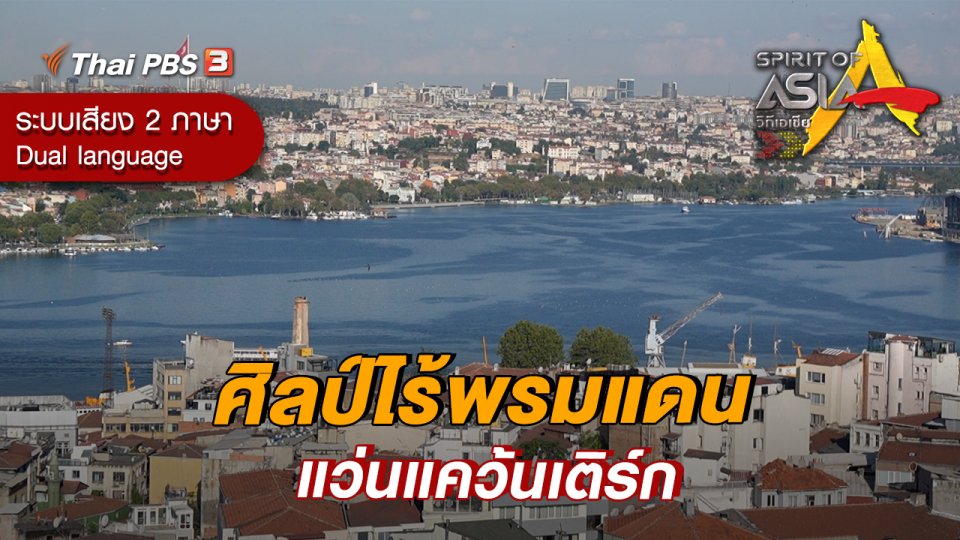
ศิลป์ไร้พรมแดนแว่นแคว้นเติร์ก
29 ต.ค. 66
แมวทั้งผองคือพี่น้องเติร์ก
5 พ.ย. 66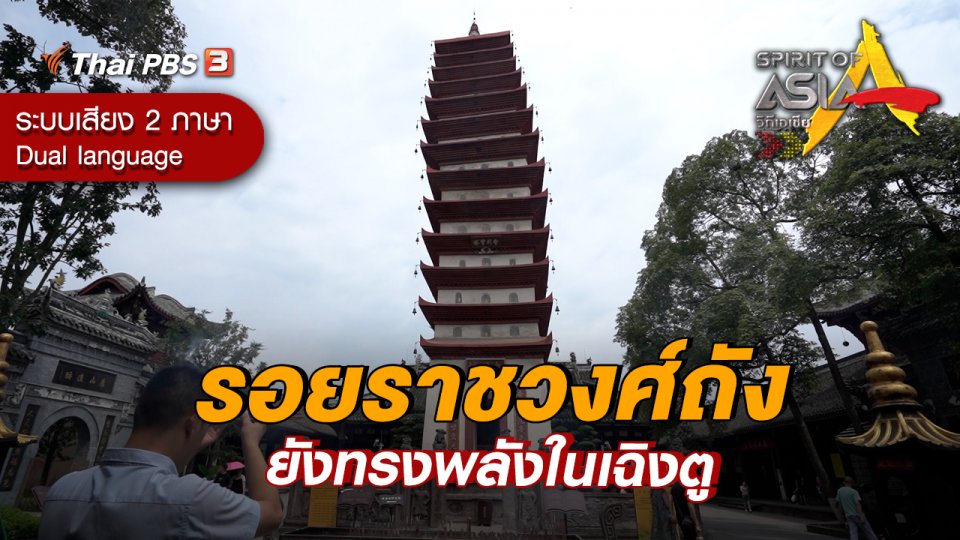
รอยราชวงศ์ถังยังทรงพลังในเฉิงตู
26 พ.ย. 66
ชนเผ่าอี๋ ลูกหลานที่บูชาไฟแห่งแดนมังกร
3 ธ.ค. 66
สตรีโมซัว และวัฒนธรรมการจับคู่แบบไม่ต้องอยู่กิน
10 ธ.ค. 66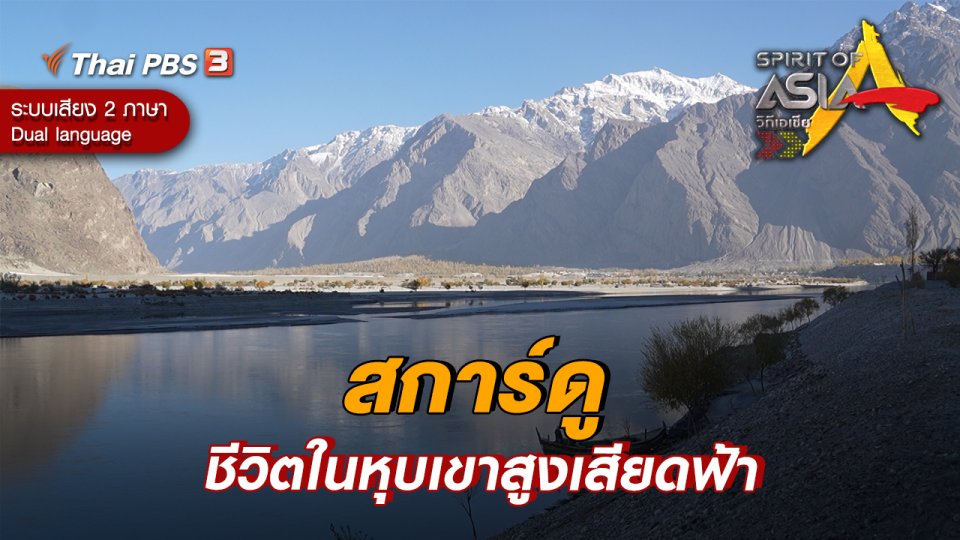
สการ์ดู ชีวิตในหุบเขาสูงเสียดฟ้า
17 ธ.ค. 66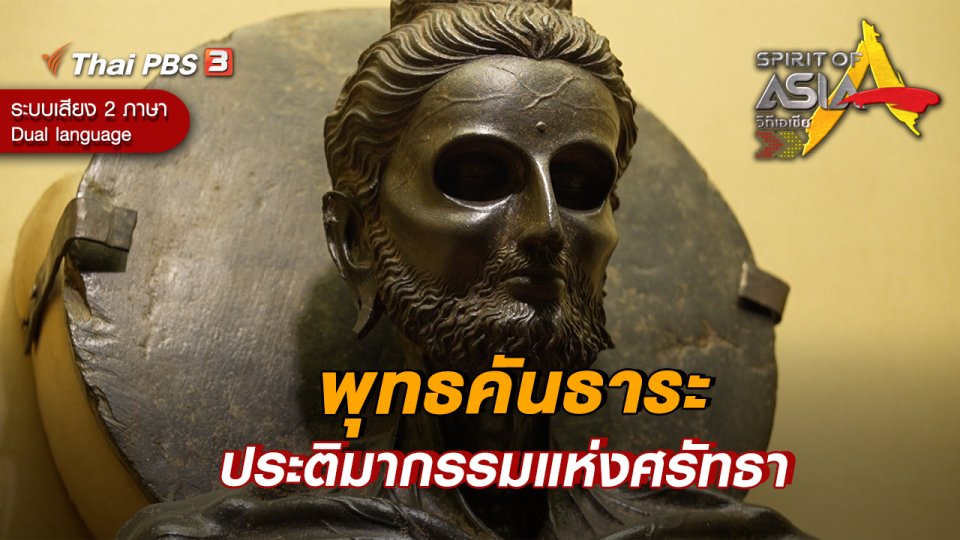
พุทธคันธาระ ประติมากรรมแห่งศรัทธา
24 ธ.ค. 66
ถนนการค้ามุ่งสู่ลาฮอร์
31 ธ.ค. 66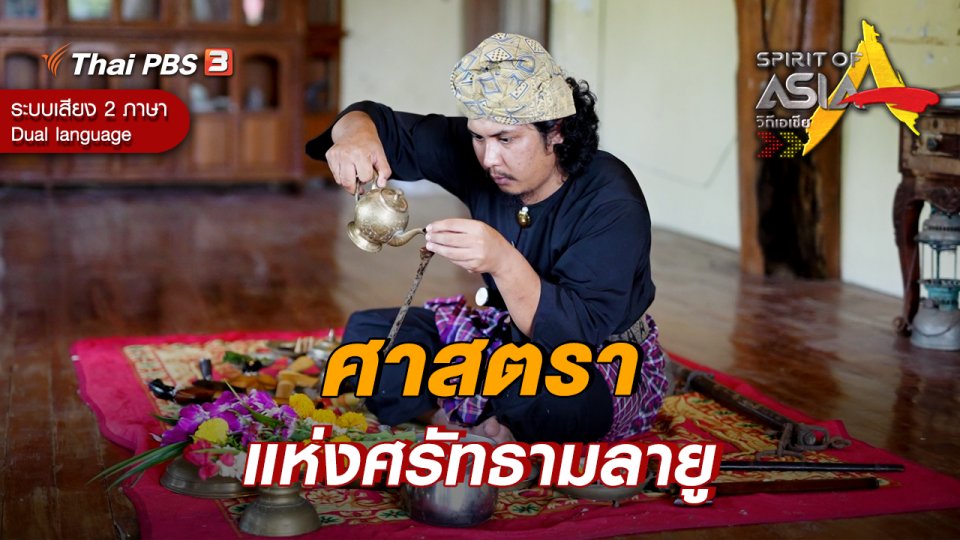
ศาสตราแห่งศรัทธามลายู
7 ม.ค. 67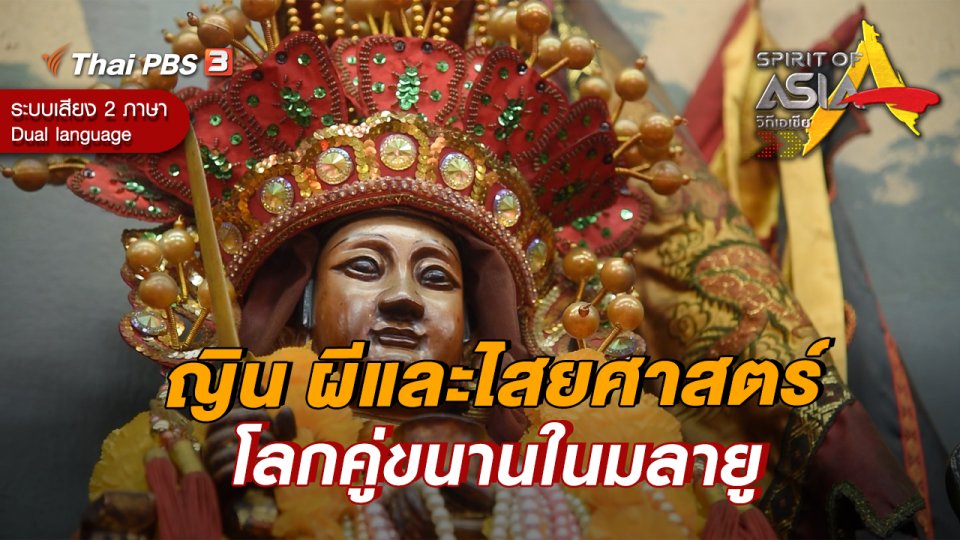
ญิน ผีและไสยศาสตร์ โลกคู่ขนานในมลายู
14 ม.ค. 67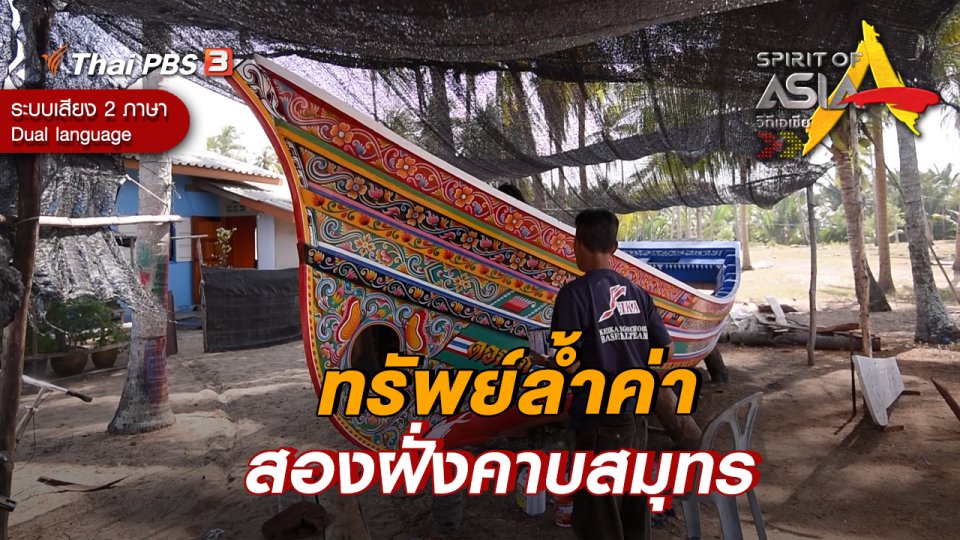
ทรัพย์ล้ำค่าสองฝั่งคาบสมุทร
21 ม.ค. 67
อำนาจละมุนในมือคนรุ่นใหม่
28 ม.ค. 67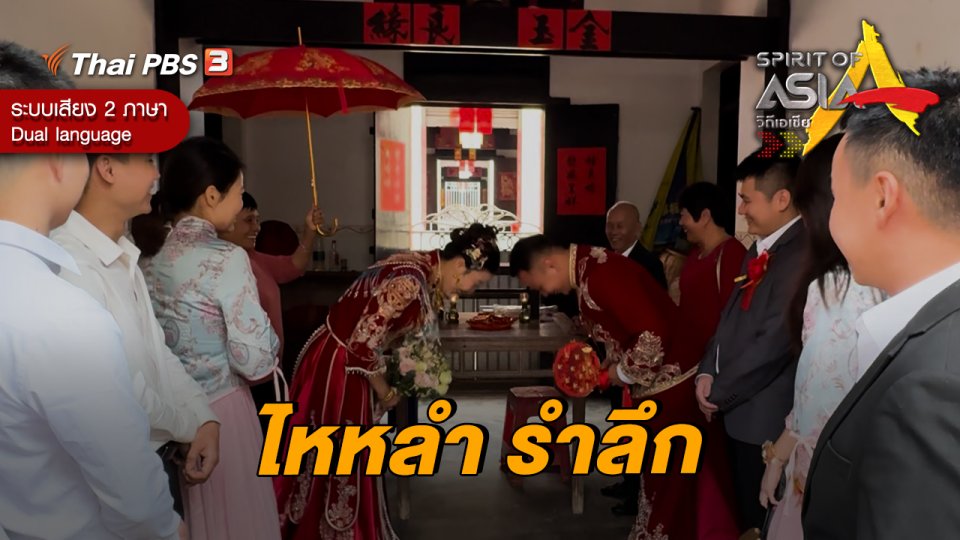
ไหหลำ รำลึก
4 ก.พ. 67
ทำไมต้องเป็นไก่ไหหลำ
11 ก.พ. 67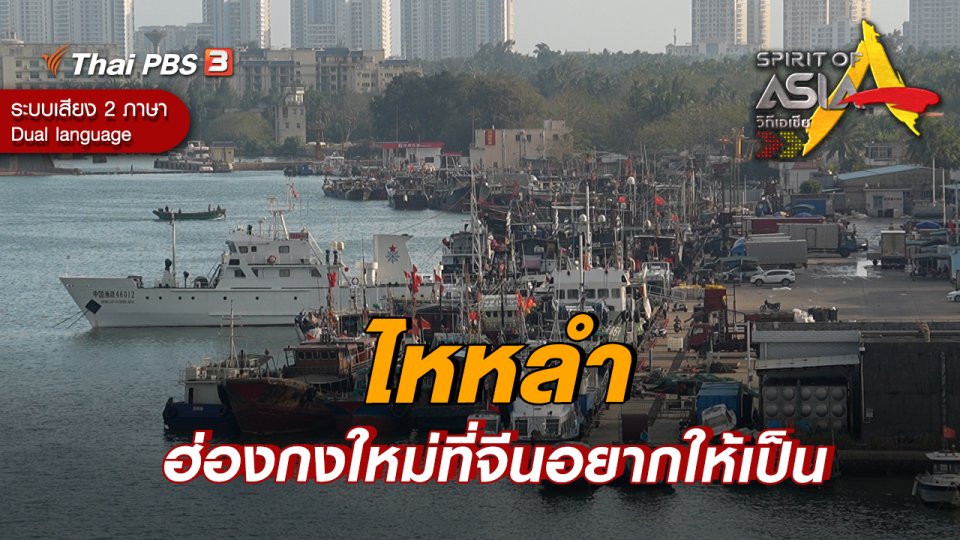
ไหหลำ ฮ่องกงใหม่ที่จีนอยากให้เป็น
18 ก.พ. 67
ตำนานเก่าในโลกใหม่บอร์เนียว
10 มี.ค. 67
บรรเลงเสียงบอร์เนียวที่โลกได้ยิน
17 มี.ค. 67
โอรังซูไง ในวันที่สายน้ำไหลย้อนกลับ
24 มี.ค. 67
อัญมณีแห่งขุนเขาที่เมียนมา
31 มี.ค. 67
บทเรียนจากหมู่บ้านแห่งสุดท้าย
7 เม.ย. 67
จุดบรรจบแห่งความหวังที่ปูตาโอ
14 เม.ย. 67
จ้วง เครือญาติไทในกวางสี ยูนนาน
21 เม.ย. 67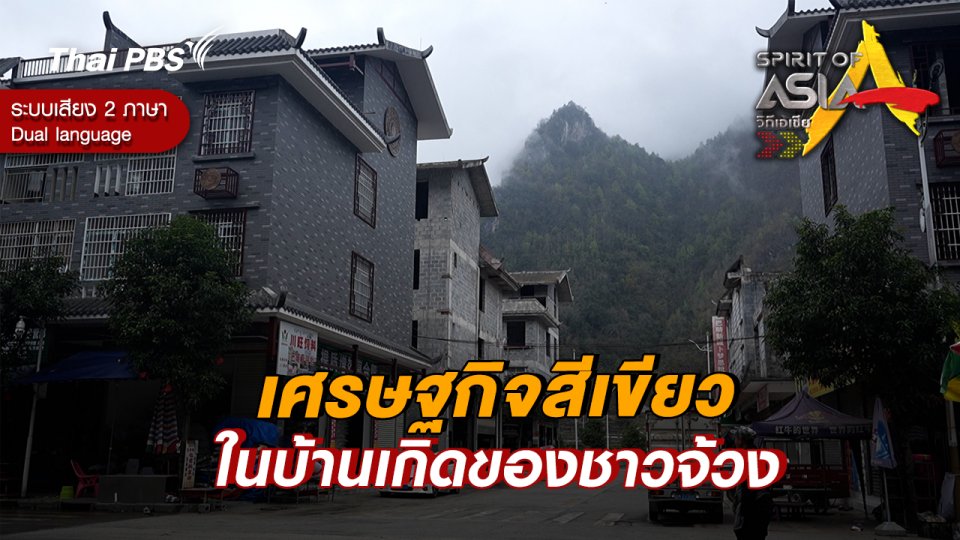
เศรษฐกิจสีเขียวในบ้านเกิดของชาวจ้วง
28 เม.ย. 67
Spirit of Asia

เลือดเอเชีย…นิวซีแลนเดอร์ เจเนอเรชันที่ 1.5
10 ก.ย. 66
นิวซีแลนด์ ชีวิตบนวงแหวนแห่งไฟ
17 ก.ย. 66
งานปีผีมด พิธีกรรมแห่งจิตวิญญาณจากบรรพชน
24 ก.ย. 66
ร่างทรงบูชาเจ้าแม่ กายแทนแห่งทวยเทพ
1 ต.ค. 66
อาหารฮาลาลที่คุ้งน้ำเจ้าพระยา
8 ต.ค. 66
ชาวเติร์ก ตั้งต้น เติบโตในตุรกี
15 ต.ค. 66
บรรจบศิลป์บนดินแดนสองทวีป
22 ต.ค. 66
ศิลป์ไร้พรมแดนแว่นแคว้นเติร์ก
29 ต.ค. 66
แมวทั้งผองคือพี่น้องเติร์ก
5 พ.ย. 66
รอยราชวงศ์ถังยังทรงพลังในเฉิงตู
26 พ.ย. 66
ชนเผ่าอี๋ ลูกหลานที่บูชาไฟแห่งแดนมังกร
3 ธ.ค. 66
สตรีโมซัว และวัฒนธรรมการจับคู่แบบไม่ต้องอยู่กิน
10 ธ.ค. 66
สการ์ดู ชีวิตในหุบเขาสูงเสียดฟ้า
17 ธ.ค. 66
พุทธคันธาระ ประติมากรรมแห่งศรัทธา
24 ธ.ค. 66
ถนนการค้ามุ่งสู่ลาฮอร์
31 ธ.ค. 66
ศาสตราแห่งศรัทธามลายู
7 ม.ค. 67
ญิน ผีและไสยศาสตร์ โลกคู่ขนานในมลายู
14 ม.ค. 67
ทรัพย์ล้ำค่าสองฝั่งคาบสมุทร
21 ม.ค. 67
อำนาจละมุนในมือคนรุ่นใหม่
28 ม.ค. 67
ไหหลำ รำลึก
4 ก.พ. 67
ทำไมต้องเป็นไก่ไหหลำ
11 ก.พ. 67
ไหหลำ ฮ่องกงใหม่ที่จีนอยากให้เป็น
18 ก.พ. 67
ตำนานเก่าในโลกใหม่บอร์เนียว
10 มี.ค. 67
บรรเลงเสียงบอร์เนียวที่โลกได้ยิน
17 มี.ค. 67
โอรังซูไง ในวันที่สายน้ำไหลย้อนกลับ
24 มี.ค. 67
อัญมณีแห่งขุนเขาที่เมียนมา
31 มี.ค. 67
บทเรียนจากหมู่บ้านแห่งสุดท้าย
7 เม.ย. 67
จุดบรรจบแห่งความหวังที่ปูตาโอ
14 เม.ย. 67
จ้วง เครือญาติไทในกวางสี ยูนนาน
21 เม.ย. 67
เศรษฐกิจสีเขียวในบ้านเกิดของชาวจ้วง
28 เม.ย. 67




















